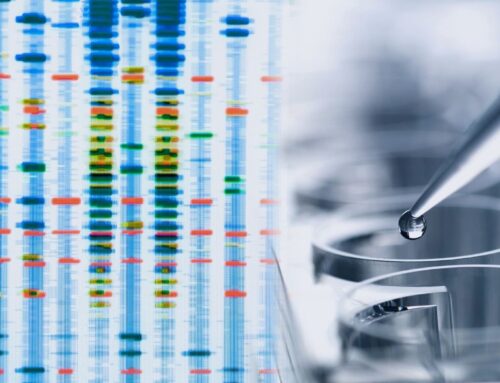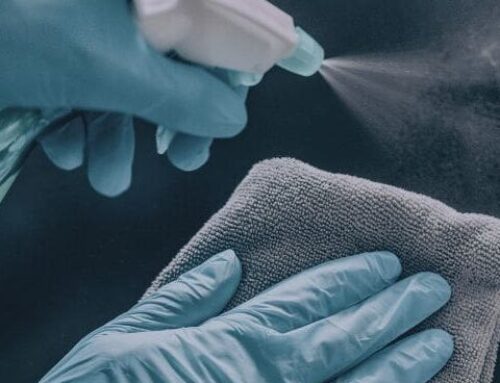November 2021
November is National Clostridioides difficile Awareness Month, intended to shed light on the impact of C. difficile infections.
Many organizations, including the Peggy Lillis Foundation and the C. diff Foundation banded together to bring awareness to the issue and call for C. difficile infections to be recognized as a Nationally Notifiable Disease.
Clostridioides difficile is a gram-positive anaerobe commonly found in human intestines. Individuals at the highest risk of C.difficile infection include those who have had long-term exposure to antibiotics or who are in a healthcare facility for an extended period of time. Heavy use of antibiotics disrupts normal intestinal microflora, which leads to an overgrowth of toxin-producing C. difficile. Symptoms of infection vary but usually include severe diarrhea, fever, abdominal pain, and nausea.
The spread of C. difficile is especially difficult to control because it takes the form of disinfection-resistant endospores in the environment. Endospores are dehydrated, dormant cells, protected by tough layers of protein. Not all technologies kill C. difficile endospores reliably. Effective disinfectants include strong oxidizers such as those that contain chlorine and certain hydrogen peroxide blends. High-intensity germicidal ultraviolet lights can also be effective.
It is important to bring awareness to the severity of C. diff in order to minimize the already staggering number of cases nationally, estimated by CDC to be about 500,000 C. difficile infections per year in the U.S. With the continued heavy use of antibiotics in healthcare and the difficulty in treating C. difficile infections, there is concern about a spike in that number.
If you are looking to test your antimicrobial agents against C. difficile or have any questions about the organism, please contact our laboratory at [email protected].




